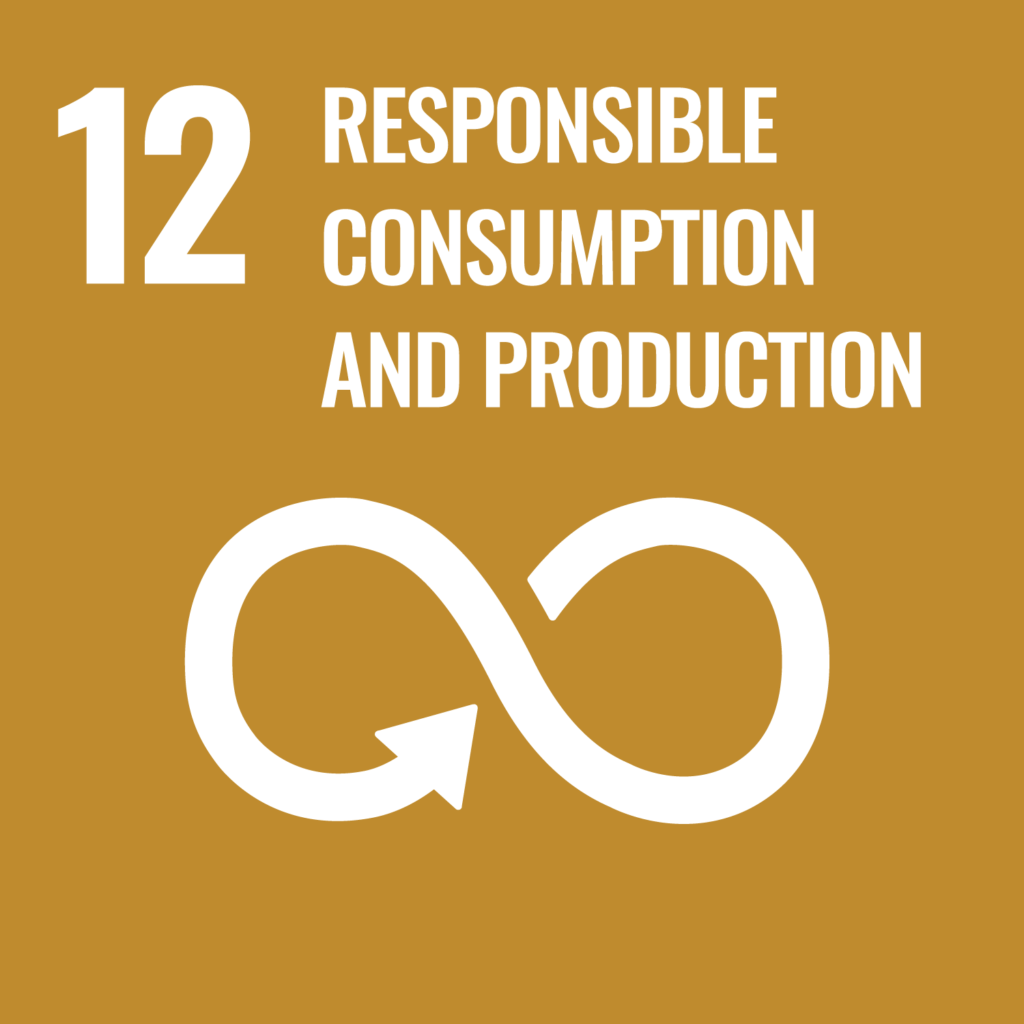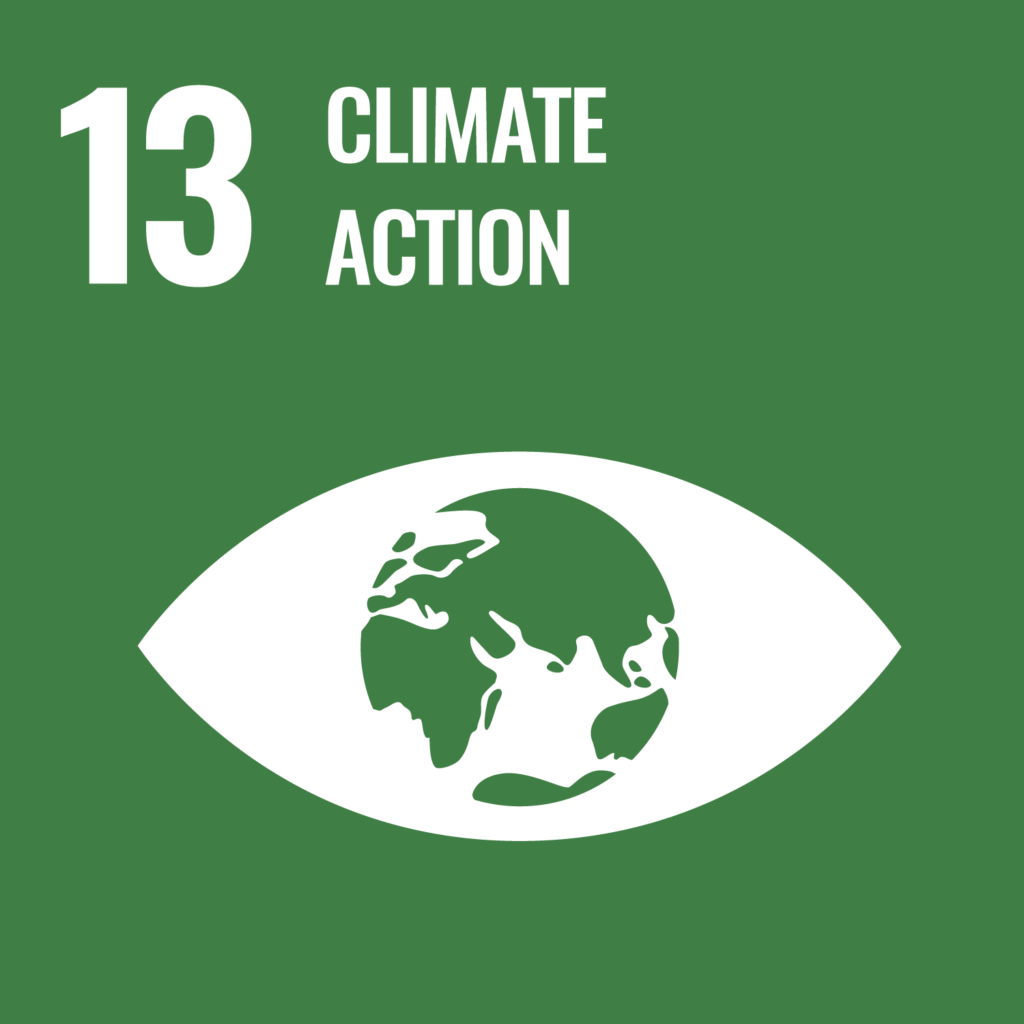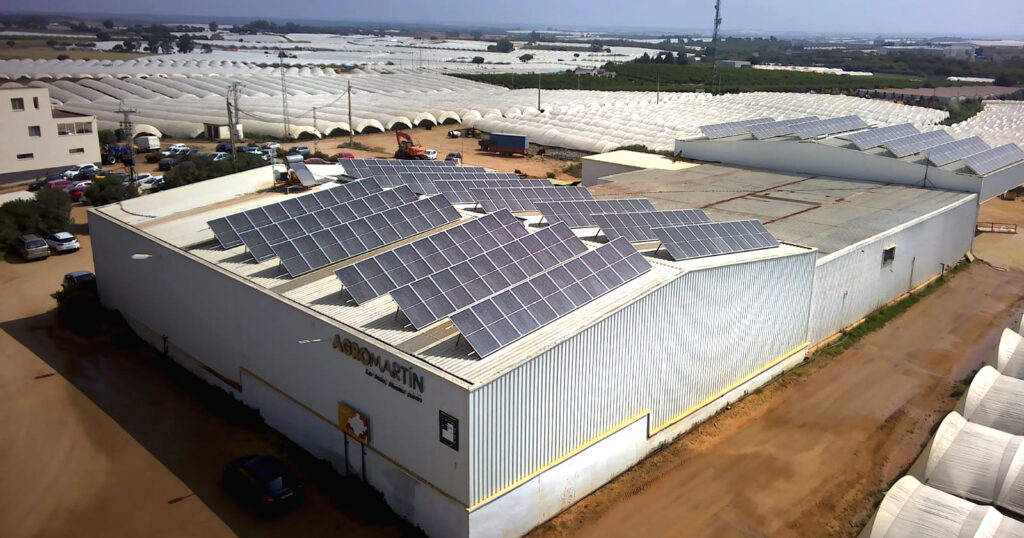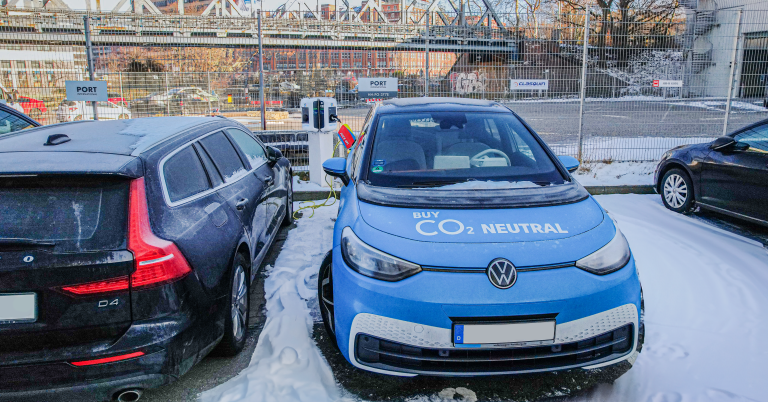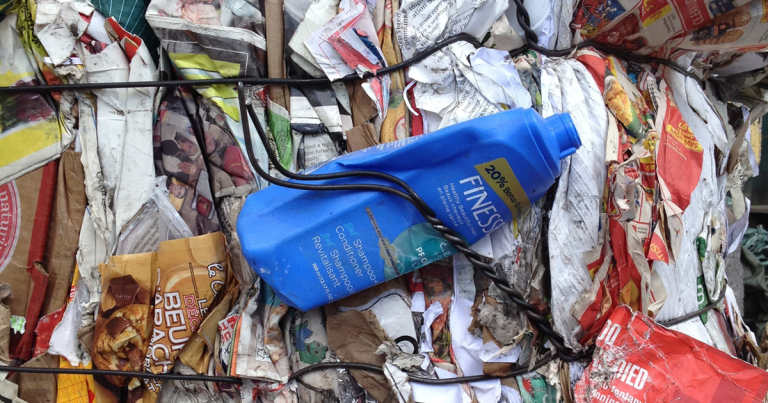With the objective of reducing its own carbon footprint, Agro Martín has implemented various reduction projects. These include, for example, the switch from mopeds with combustion engines to e-mopeds, a water treatment facility, and a shuttle service for all employees in order to avoid unnecessary trips.
Our producer’s latest project was the installation of 245 solar panels on the roof of the packing station. The project was finalized in April 2021 and contributes significantly to the optimal use of natural resources. With solar energy, the company is able to generate about 187,000 kWh per year –that’s already around 40 % of their current energy requirements.
Solar energy
So, what exactly is solar energy and how does it affect the environment? In short, solar energy (also called solar power or photovoltaics) is the use of the sun’s rays for technical purposes, such as the production of electricity or heat.
The larger the area of the solar panels, the higher the output of solar energy and electricity. Since the largest source of energy on our planet is the sun – which each and everyone of us can use indefinitely – no finite resources are wasted.
Agro Martín, too, has come to realize this. Due to the long sunshine hours in Southern Spain, their switch to solar energy is particularly worthwhile: Huelva has a total of 3,420 hours of sunshine per year, 1,168 hours more than Hamburg.[1]
Sustainable energy
This type of energy source is not only cost-effective in the overall process but also eco-friendly in the long run because no CO2 emissions are being released during the use and production of electricity in a solar energy system. This is in stark contrast to energy production from coal, oil or natural gas, where tons of CO2 emissions are being set free.
However, not only greenhouse gases are avoided. In addition, the manufacturing and disposal process of these solar energy systems is becoming more and more eco-friendly thanks to constant and diligent research.
As of today, about 80 % of a discarded solar panel can be recycled, and since solar panels have a long service life (more than 30 years) and are hardly susceptible to maintenance, they provide another good reason for converting to renewable energy sources.[2]
The most important issue of our present time is and remains climate change. It is therefore particularly important to follow Agro Martín’s example and use existing resources in a sustainable and efficient manner.
With this project Agro Martín supports the following SDGs:

